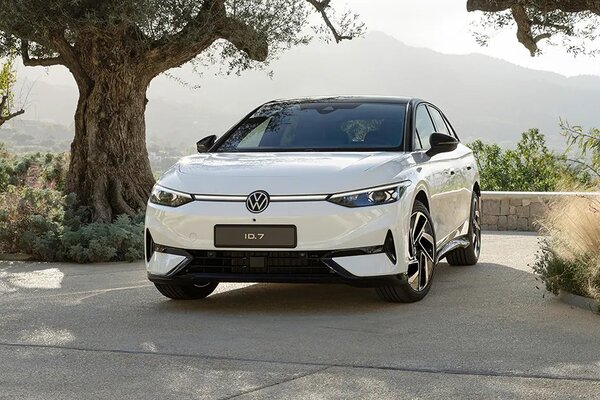Volkswagen opens cell lab, steps closer to making its own batteries for EVs


Volkswagen has announced the opening of one of its laboratories in Europe that will be dedicated to cell research and its development. The auto major is focused on expanding its battery technology and plans to develop and produce its battery cells for its electric vehicles.
Volkswagen is looking at including 250 experts who will research the development of cell, analytics and testing in a total of four laboratories. Volkswagen has planned to invest around 70 million euros in these facilities.
Also check these Vehicles
Thomas Schmall, group board member for technology at Volkswagen AG and chairman of the board of management of Volkswagen Group Components stated that Volkswagen's Salzgitter site laced with state-of-art technologies will push the brand to develop, process and produce its cells. “With the opening of the laboratories, we have reached the next strategic milestone. Now we are pushing ahead with preparations for our own cell production with all our strength," he added.
Also Read : Volkswagen debuts ID.Life concept electric car that can double up as mini cinema
The company's unified cell for the volume segment is scheduled to start production at the gigafactory in Salzgitter from 2025. This will help to reduce the cost of batteries by 50 percent. Volkswagen has also planned to operate six cell factories in Europe capable of a production capacity of 240 GWh by 2030. The automaker mentioned that cells with an annual capacity of 40 GWh will be produced in Salzgitter.
Also Read : Smart cars, not e-cars, are 'gamechanger', says Volkswagen CEO
The centres in Salzgitter will be is responsible for material testing, release testing, quality assurance and series monitoring of cells for electric car batteries, said the company. Frank Blome, head of the battery cell and battery system business unit bullish on this company's move stressed that the next innovations for the cells will be created in Salzgitter. “Its equipment makes the new laboratories one of the most modern facilities for cell research in Europe," he added.








 999 cc
999 cc Petrol
Petrol




 77 kWh
77 kWh 621 Km
621 Km











